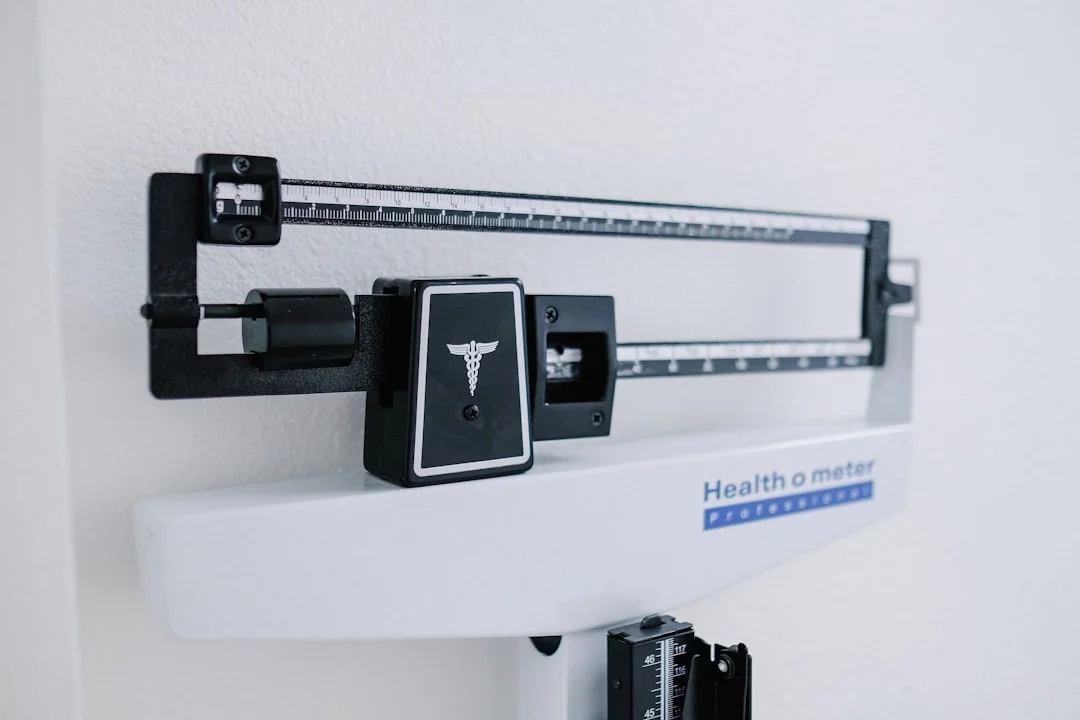Estimated Reading Time: 6 minutes
HHve you ever noticed how a bad meal can leave you feeling sluggish and irritable?
Perhaps you’ve experienced the opposite – a vibrant salad or a nutrient-packed smoothie that seems to brighten your mood and sharpen your focus.
The truth is, what we eat has a profound, often underestimated, impact on our mental health.
This isn’t just about feeling good; it’s about the very foundation of our cognitive and emotional wellbeing.
In this piece, we’ll explore **how nutrition affects mental health**, digging into the science, the personal experiences, and practical tips for nurturing a healthier mind through food.
We’ll delve into the fascinating relationship between what you eat and how you feel, uncovering the hidden connections that can truly transform your daily life.
Before we dive into specific foods, let’s talk about the gut-brain axis. This isn’t some mystical concept; it’s a well-established scientific reality.
Your gut, often referred to as your “second brain”, is home to trillions of bacteria, collectively known as your gut microbiome.
This complex ecosystem communicates constantly with your brain via the vagus nerve, influencing mood, behavior, and even cognitive function.
This communication is a two-way street.
Stress and poor diet can disrupt your gut health, and a compromised gut can, in turn, worsen your mental health.

The connection is complex, but it’s undeniable.
Essentially, the health of your gut directly impacts your mental state.
Inflammation in the gut, often triggered by a poor diet, can spread throughout the body and affect the brain.
This is where the role of **how nutrition affects mental health** becomes paramount.
Eating a diet rich in processed foods, sugar, and unhealthy fats can foster inflammation, potentially contributing to anxiety, depression, and other mental health challenges.
Conversely, a diet rich in whole foods, packed with nutrients, can help reduce inflammation, support a healthy gut microbiome, and, consequently, improve your mental wellbeing.
Now, let’s get practical. If you want to understand **how nutrition affects mental health**, it’s time to get specific about the foods you eat.
Certain nutrients are crucial for brain health. Here’s a breakdown of some key players and how they support a healthy mind:
While diet is crucial to understanding **how nutrition affects mental health**, it’s not the only piece of the puzzle.
Lifestyle factors also play a significant role. Here are some additional elements to consider:
I remember a time when I was going through a particularly stressful period.
My diet was terrible: I was constantly grabbing fast food and skipping meals.

My mood was constantly low, I had zero energy, and felt completely overwhelmed.
It wasn’t until I made a conscious effort to prioritize whole foods, increase my water intake, and get more sleep that I started to notice a shift.
I started to feel a difference, and I felt like I had more emotional resilience.
It wasn’t overnight, but with consistent changes, I felt so much better – both mentally and physically.
The key to using **how nutrition affects mental health** to your advantage is to make small, sustainable changes.
Don’t try to overhaul your entire diet overnight. Instead, focus on gradually incorporating more nutrient-rich foods into your meals.
Replace sugary drinks with water, add a serving of vegetables to each meal, and try incorporating one or two new healthy recipes each week.
I’ve found that planning my meals in advance helps me stay on track.
I usually spend an hour or two on the weekend preparing ingredients and planning my meals.
This significantly reduces the temptation to reach for unhealthy options when I’m short on time during the week.
Think about the things you enjoy, and find healthy alternatives that you will love. Do you crave salty snacks?
Try making your own air-popped popcorn with a sprinkle of nutritional yeast. Love sweets?

Experiment with recipes that use natural sweeteners like honey or maple syrup.
The more enjoyable the process is, the more likely you are to stick with it.
The exploration of **how nutrition affects mental health** also involves the use of probiotic supplements and fermented foods.
While research is still ongoing, preliminary studies suggest that probiotics may positively impact mood and reduce symptoms of anxiety and depression.
Consuming fermented foods like kimchi, yogurt, and sauerkraut introduces beneficial bacteria to your gut, which can contribute to a healthier microbiome.
However, remember that supplements should not replace a balanced diet.
Always consult with a healthcare professional before starting any new supplements.
While we focus on the positive, it’s also important to be mindful of certain foods that can negatively impact mental health.
Excessive sugar consumption can lead to energy crashes and mood swings, while processed foods often lack essential nutrients and can contribute to inflammation.
Caffeine, while providing a temporary energy boost, can exacerbate anxiety in some individuals.
Alcohol, in moderation, can be relaxing but overconsumption can disrupt sleep and worsen mood disorders.
Pay attention to how specific foods make you feel, and adjust your diet accordingly.

Understanding **how nutrition affects mental health** is a transformative step towards taking control of your mental wellbeing.
It’s not about drastic restrictions or complicated diets.
It’s about making conscious choices, fueling your body with the nutrients it needs to thrive, and fostering a healthy gut-brain connection.
By incorporating more whole foods, making small, sustainable changes, and paying attention to how your body feels, you can experience a significant improvement in your mood, focus, and overall mental health.
The journey to a healthier mind begins on your plate. Start today!
Ready to dive deeper into the world of health and wellness? Join our newsletter for weekly health tips!
Frequently Asked Questions
Can diet truly impact mental health, or is it all in my head?
Absolutely! The gut-brain axis is a well-established scientific concept. The gut microbiome (the bacteria in your gut) directly communicates with your brain via the vagus nerve. Diet influences the gut microbiome, so what you eat can directly influence the health and function of your brain.
It’s not “all in your head”; it’s a complex interplay of biology.
Are there specific foods I should avoid for better mental health?
Yes, certain foods are best minimized. Processed foods, packed with unhealthy fats and additives, can contribute to inflammation, which can worsen mood. High sugar consumption leads to energy crashes and can affect mood. Excessive caffeine and alcohol can also have negative effects on some people’s mental health.
The key is to pay attention to how different foods make you feel and moderate accordingly.
How quickly can I expect to see changes in my mental health after changing my diet?
It varies from person to person, but you likely won’t see immediate results. It generally takes several weeks to months of consistent changes. This is because it takes time for your gut microbiome to adapt, and your body to adjust to the new nutrients.
However, many people report feeling improvements in mood, energy levels, and focus within the first few weeks. It’s a gradual process, not a quick fix. Consistency is the key.
What about supplements? Are they necessary for supporting mental health?
Supplements *can* be helpful, but they should never replace a healthy diet. Some supplements, like omega-3 fatty acids, B vitamins, and magnesium, can support brain health. Probiotics might also have positive effects on mood.
However, it’s essential to talk to your doctor before starting any new supplements, to ensure that they’re appropriate for you and won’t interact with any medications you’re taking. A balanced diet rich in whole foods remains the cornerstone of good mental health.



